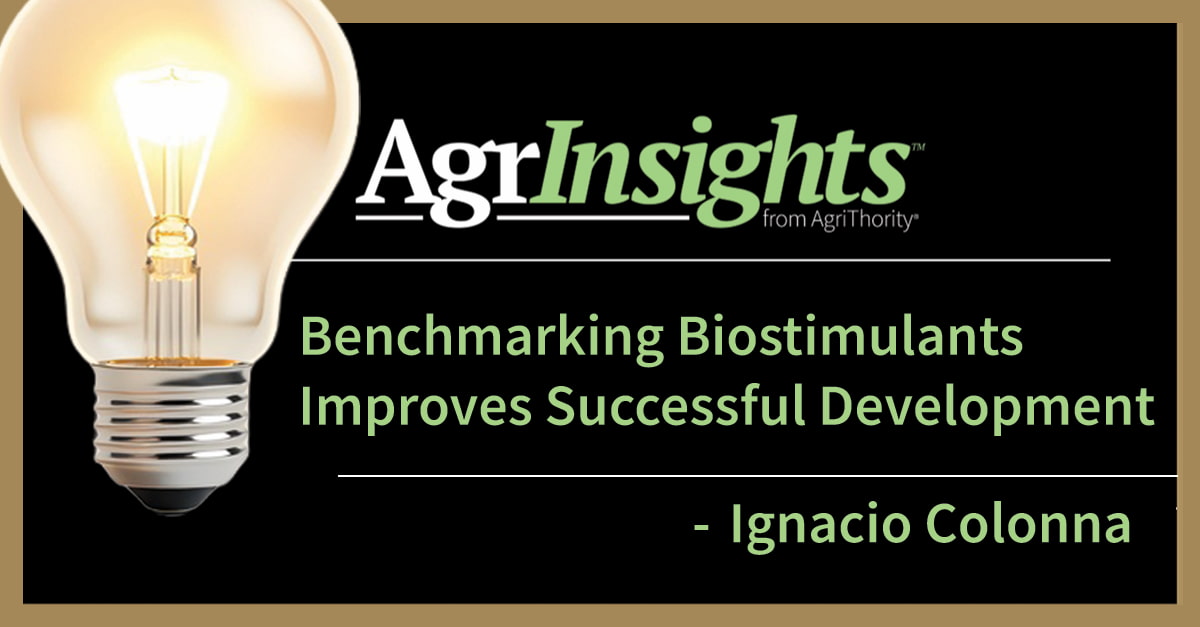Conventional agricultural systems often achieve high yields that contribute to food security for a growing global population. However, they can have substantial negative environmental impacts. Organic agriculture shows better environmental performance in most instances, but not always. Companies and startups must focus on four areas to improve sustainable agriculture.
To achieve sustainable development goals, the U.S. government’s “Sustainability Primer” defines three pillars as Environmental, Social and Economic. At AgriThority® we believe sustainability in agriculture requires Practical, Productive and Profitable systems. The intricate web of food systems – the way it is grown, produced, consumed, traded, transported, stored, and marketed – is the nexus between people, the planet and sustainable economic growth.
Sustainable agriculture involves producing enough food and fiber to satisfy today’s needs while ensuring the ability of future generations to do the same. If organic agriculture alone can’t feed the world, how can conventional farms become more sustainable? And how can companies provide products and services that help them do so?
- Include biologicals
- Use integrated production systems
- Back up claims with solid data
- Use Best Management Practices
Include Biologicals
The rush to produce biologicals didn’t happen by accident. In 2023, the Mixing Bowl and Western Growers put together a list of 1,200 companies producing biologicals, and in 2024 zeroed in on 300 companies that specifically produce biocontrols because of the continued rise in biologicals. The important thing to growers, though, will be the quality performance of those biological products and not the quantity. So how can a company produce a high-quality biological product that improves sustainability?
Use Integrated Production Systems
Any technology that doesn’t fit into a production system is going to be difficult to adopt. Determining how the sustainable technology can be integrated into a production system or added to an existing integrated production system is paramount to ensure its adoption by growers. To create a more sustainable agricultural future, it is imperative to develop production systems that effectively integrate the benefits of conventional, organic and other agricultural approaches. While many inputs and practices used in conventional farming can also be incorporated in sustainable agriculture, sustainable growers maximize reliance on natural, renewable and on-farm inputs. How can companies be connected to and capitalize on sustainable growers?
Back Up Claims with Solid Data
The agriculture industry can’t expect farmers to adopt products and practices just for sustainability’s sake. They also need to increase productivity for return on investment. To show growers that return on investment, companies and innovators need to do their homework and properly develop their products with a disciplined stage gate development process. Through this process, the data will show how and where the product will work in the field.
Use Best Management Practices
Best Management Practices are essential to show farmers how a new technology can fit into their overall crop production system. It answers the question, “how would it work on my farm?” If a company or startup can answer that question, farmer adoption will increase, and the adoption of more sustainable technologies is essential to improving the planet.
Investment in agriculture is critical to improving sustainability for all. Through Practical, Productive and Profitable systems, food security and nutrition can be improved, and world hunger can be decreased. The world can grow less resource-intensive food for a better future for all.
Our belief in the pillars of practical, productive, and profitable agriculture drives our passion for technical development, as well as business and market development, which improves success in many sectors of the industry. We are devoted to the development of agricultural innovations to ensure practicality, productivity and profitability. Reach out for more information today.


